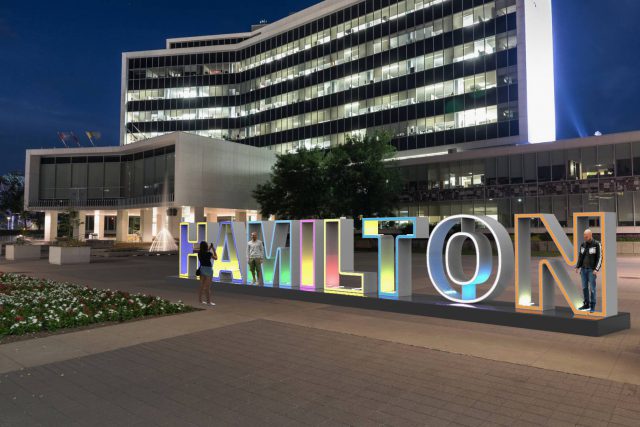A consultant’s report is advising against the licensing of rental housing in Hamilton.

The report, prepared by Maple Leaf Strategies for the Hamilton District Apartment Association, finds that licensing would put more than 7,200 tenants at risk of homelessness in the secondary housing market.
Consultant and former Stoney Creek Coun. Brad Clark stresses that based on decisions from the landlord and tenant board and divisional court appeals, “any municipal fees that are charged to landlords can be legally be recouped from tenants.”
Clark adds they also found “a real risk that over-regulation of rental housing could create significant displacement of vulnerable tenants in the secondary housing market” since landlords may choose to close and sell properties “and push those tenants out on the street.”
Instead of licensing, the discussion paper offers 25 recommendations that promote “code compliant, affordable, safe, clean, healthy rental housing.”

Get breaking National news
The recommendations include anonymous reporting of rental housing that does not comply with city bylaws, expanded property standards enforcement and free rental unit inspections for tenants.
- Americans can now renew passports online. Canadians are still waiting
- ‘Deeply ashamed’: Canadian Medical Association apologizes for harms to Indigenous peoples
- Stolen portrait of Sir Winston Churchill one step closer to returning home
- Premier Smith aims to help fund private school construction in Alberta
Clark says, for example, that would provide peace of mind without risk of punishment for a student living in off-campus housing and in a unit they are concerned does not meet the fire code or the building code.
The report also suggests an amnesty program for landlords who are willing to work with the city that would give them two years to bring their units up to standard and a streamlined approval process for secondary units, often referred to as in-law suites.
Clark notes there have been “situations where it’s taken upwards of two years for a homeowner to legally bring their home into compliance” at significant cost, something he refers to as “unnecessary.”
He stresses that the overall goal is to “remove the adversarial approach to rental housing, and begin to collaborate more as a community” on issues related to safety and supply.
Clark adds that they created the discussion paper through consultations with a broad group of housing stakeholders.
He will present the findings and recommendations to Hamilton’s planning committee next Tuesday.
Promoting Code Compliant%2c Affordable%2c Safe%2c Clean and Healthy Rental Housing (1) by CHML on Scribd








Comments